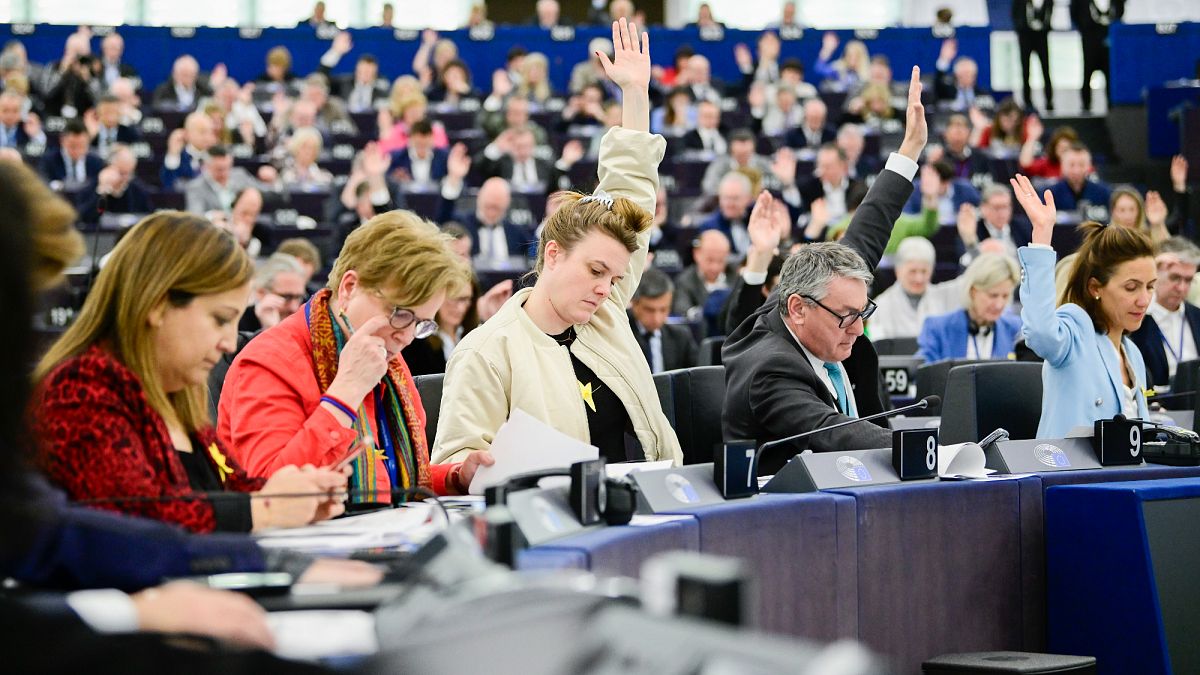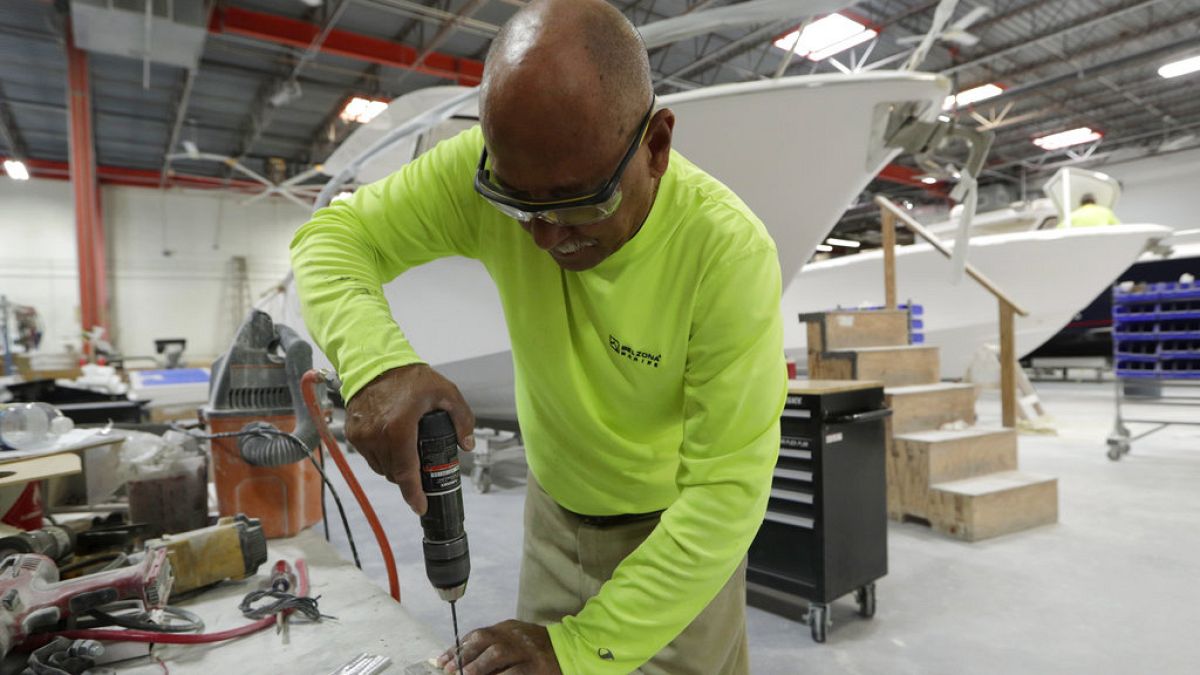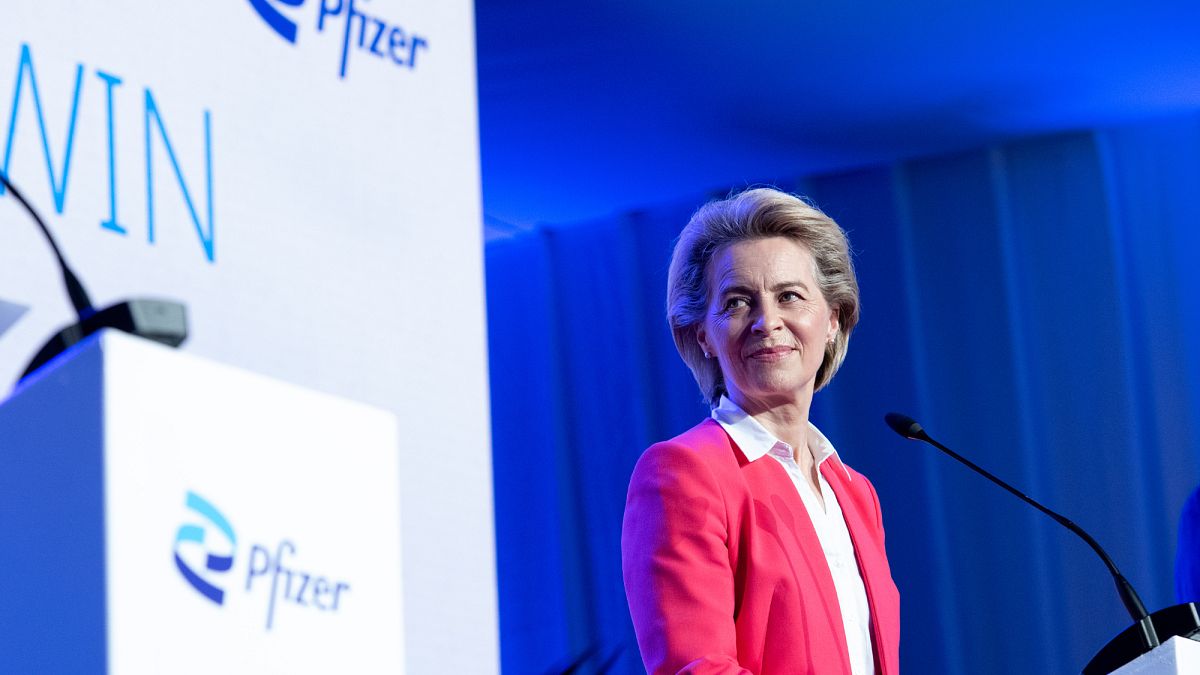The bill is set to enter into force at the end of 2025, but has now to be renegotiated with member states. A right wing majority pushed for amendments to weaken the provisions, in a contested vote.
The European Parliament voted on Thursday to postpone and amend provisions of its ‘deforestation law’, an EU regulation that imposes due diligence obligations on all traders importing specified raw materials into Europe.
Under the proposed law, beef products, cocoa, coffee, palm oil, rubber, soy and wood, and their derivative products must not come from deforested land, and importers must guarantee full traceability.
The legislation was proposed by the European Commission to break the link between European demand and global deforestation, as EU consumption of certain products is responsible for approximately 10% of global deforestation, according to an FAO report.
EP Votes for Less Strict Requirements
The deforestation law was definitively approved by EU institutions in 2023, with its provisions set to become binding on December 30, 2024, for large enterprises, and six months later for small and micro-enterprises. However, last October, the European Commission proposed to delay the deadlines by one year, moving them to the end of 2025 for large companies and mid-2026 for smaller ones.
The Commission explained that the delay would provide a 12-month phasing-in period to “ensure proper and effective implementation”.
EU countries quickly endorsed the Commission’s proposal, and while the Parliament has now followed suit, it has also approved eight new amendments to the text which must now be approved by the Council of the EU.
The amendments aim to streamline the process and reduce burdens on importers, but environmental NGOs argue this would lower compliance standards. “We aim to stop illegal global deforestation, but without overburdening European farmers companies or international trading partners”, said MEP Christine Schneider, the EPP Group’s lead negotiator on the deforestation legislation, during a press conference after the vote.
For example, Amendment 11 introduces a new category of “no-risk” countries for deforestation, alongside the existing “low”, “standard”, and “high-risk” categories. This classification would apply to countries with “stable or increasing forest area development”. These “no-risk” countries would face significantly less stringent requirements due to their negligible deforestation risk. The Commission is tasked with finalizing a country benchmarking system by mid-2025.
Another amendment, Amendment 6, states that “relevant products from countries that present no risk could be placed on the EU market if they have been produced in accordance with the relevant legislation of the country of production and fulfill the documentation requirements.”
“No risk does not means that there are no diligence statements, but we have to look very careful when we negotiate in the trialogue what is really necessary to meet targets of the deforestation regulation”, said MEP Schneider. “If some countries can prove that they have a sustainable forest management [...] and fulfill the targets we want to reach, they don't have to do the same work that other countries have to.”
The entire legislative text will now be reviewed and approved again by the European Parliament and the Council. The European Commission retains the option to withdraw the proposal or oppose the amendments approved by Parliament. In such case, the Council would require unanimous approval of the amendments, whereas ordinarily, a qualified majority suffices.
At present, the Commission is evaluating the outcome of the vote before taking a stance, said its spokesperson Eric Mamer on Thursday.
A New “Anti-Green” Majority?
The postponement was approved in Parliament by 371 votes, with 240 against, and 30 abstentions. However, the amendments passed with narrower majorities, sometimes by only a handful of votes.
Technical issues with the Parliament’s voting machines led some MEPs, such as Renew Europe’s chair Valérie Hayer, to request a repeat vote. This was denied by European Parliament President Roberta Metsola.
The changes to the law were supported by the European People’s Party (EPP), the hard-right European Conservatives and Reformists (ECR), the far-right Patriots for Europe (PfE), and the Europe of Sovereign Nations (ESN). Liberal MEPs from Renew Europe were divided, while left-wing parties voted against the amendments.
This coalition, often referred to as the "Venezuela majority" due to its support for recognizing Venezuelan opposition candidate Edmundo González as the country's legitimate president, stands in contrast to the pro-European majority (EPP, Socialists and Democrats, and Renew Europe) that supported Ursula von der Leyen’s last term. It also breaks the “cordon sanitaire”, a system designed by the more centrist forces in the Parliament to exclude the far-right from influencing EU decisions.
This shift to a right-wing majority in Parliament could extend to future votes on environmental provisions, potentially jeopardizing key elements of the Green Deal. It could also influence the political direction of the next European Commission, whose composition is currently under negotiation amidst political stalemate.
Greenpeace and environmental groups claim that if the Commission accepts a watered-down deforestation law, it may signal that other elements of the Green Deal may be reversed, even if already adopted.
The Parliament’s vote also places Commission President Ursula von der Leyen in a difficult position, as the amendments were introduced by her own European People’s Party. As seen in debates over the Nature Restoration Law, another landmark file of the Green Deal, the EPP faction in Parliament appears increasingly inclined to push back against the Commission's environmental protection efforts.

 4 months ago
36
4 months ago
36






 We deliver critical software at unparalleled value and speed to help your business thrive
We deliver critical software at unparalleled value and speed to help your business thrive






 English (US) ·
English (US) ·